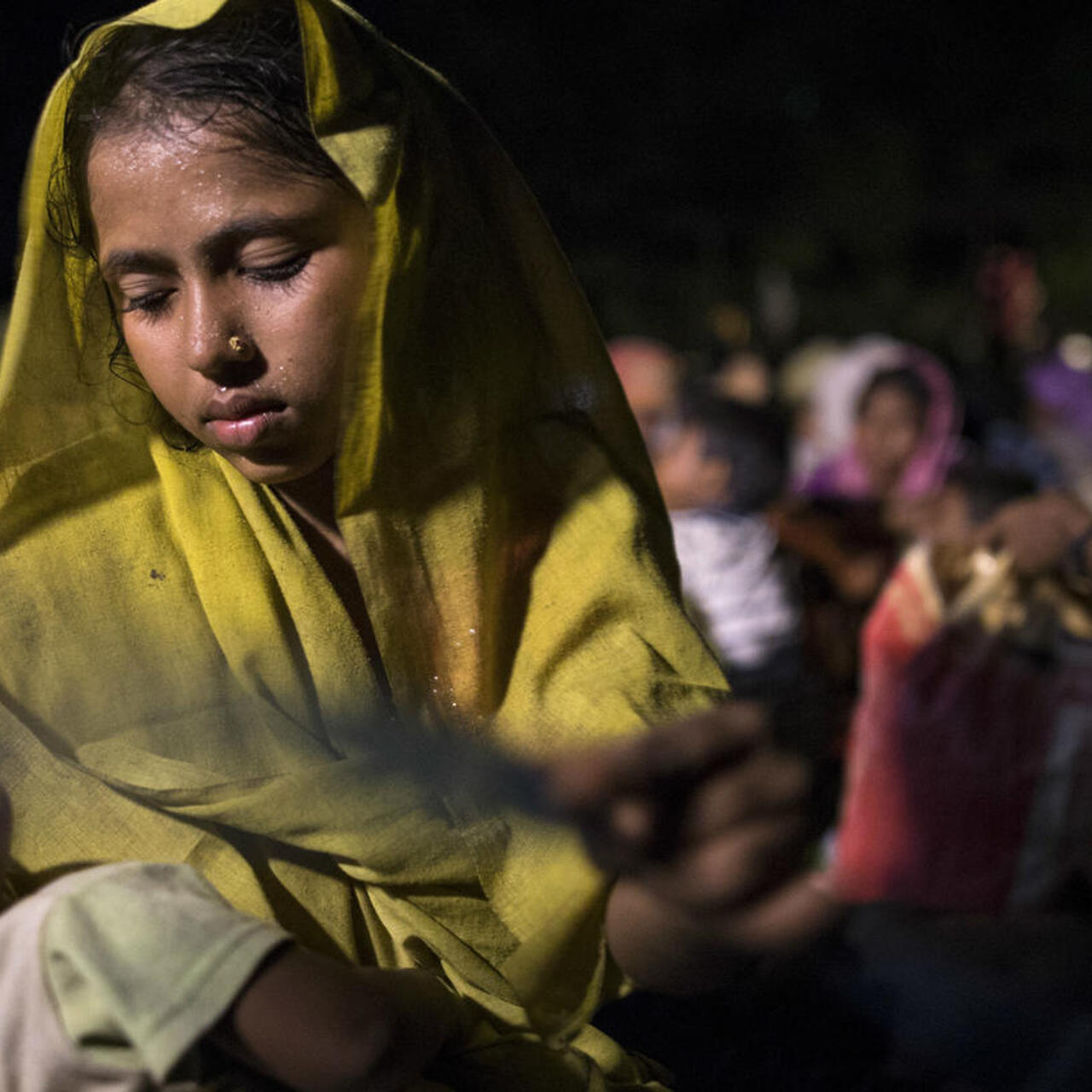
International Rescue Committee aid workers on the ground in Myanmar and Bangladesh are scaling up our response to the world's fastest-growing humanitarian crisis. Here's a look at the Rohingya refugee crisis by the numbers:
614,000+ Rohingya Muslim refugees have fled violence and persecution in Myanmar since August.
300,000 more Rohingya are expected to flee to Bangladesh in the coming weeks.
The total number of refugees in Bangladesh could soon top 1 million.
It's the fastest mass exodus IRC aid workers have seen since the Rwandan genocide in 1994.
95% of Rohingya refugees in Bangladesh do not have access to clean water, and more than three quarters lack food.
120,000 Rohingya remain trapped in Myanmar, cut off from essential services and dependent on aid to survive.
The United Nations emergency response plan is only one-quarter funded by donor countries, leaving a shortfall of $328 million.
What's happening
Rohingya Muslim refugees arriving in Bangladesh tell of the horrors they endured as their families were attacked and their villages burned in Myanmar's western state of Rakhine. “The levels of trauma that we are seeing here are severe," said Sanna Johnson, the IRC's Asia regional director. "We have spoken to women who have seen their children slaughtered before their eyes."
With aid agencies overwhelmed by the scale of the crisis amid humanitarian funding shortfalls, people are living in increasingly dire conditions in the refugee camps in Bangladesh. An IRC assessment released on Oct 23 found that their greatest needs are health care, food, protection for women and children, shelter and sanitation.
“In a crisis of such unprecedented scale, we need the full weight of the international community to save lives in Bangladesh and Myanmar, and take concerted action in what is undoubtedly the most urgent refugee crisis in the world," said Johnson.
How the IRC helps
The IRC and our partners are launching an emergency response in Cox’s Bazaar, Bangladesh focused on essential health assistance, treatment of malnutrition, protection of vulnerable children, and a range of specialized services for women and girls.
In Myanmar, the IRC is gradually resuming critical health and protection programs in Rakhine State, serving both Muslim camps and Rakhine villages—but humanitarian access remains restricted for humanitarian groups and thousands remain out of reach of lifesaving aid.
How you can help
Donate Now. Your support today will help the IRC as we assist families in Myanmar, Bangladesh and more than 40 countries around the world.